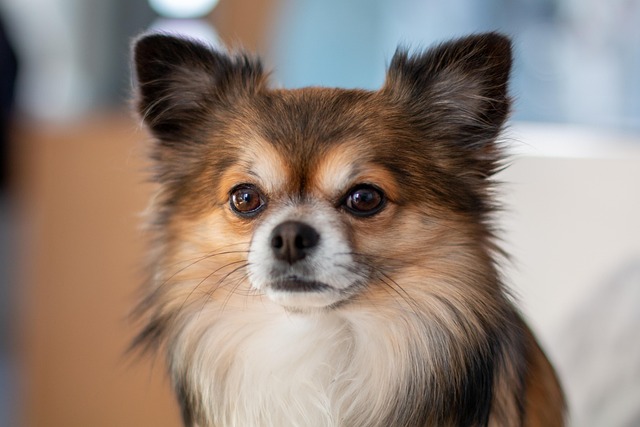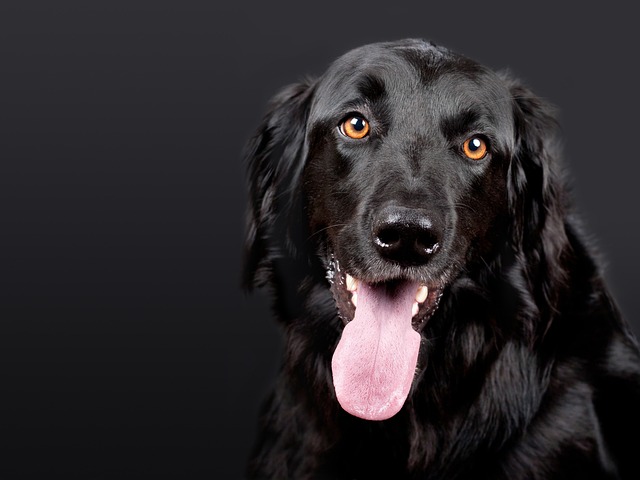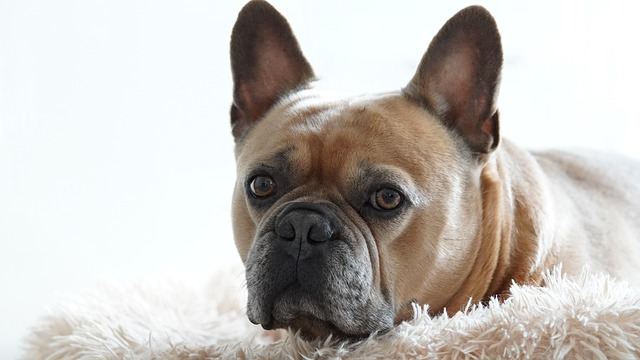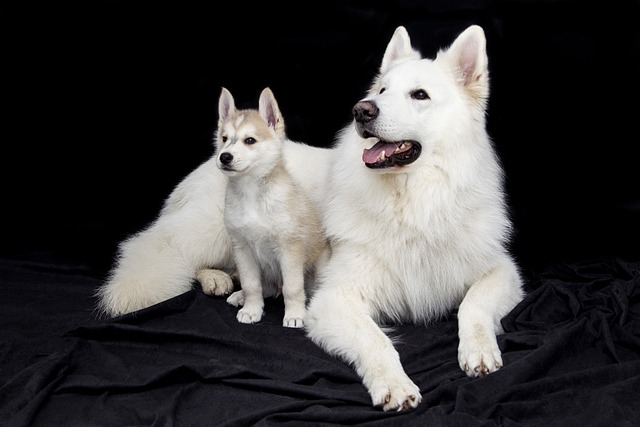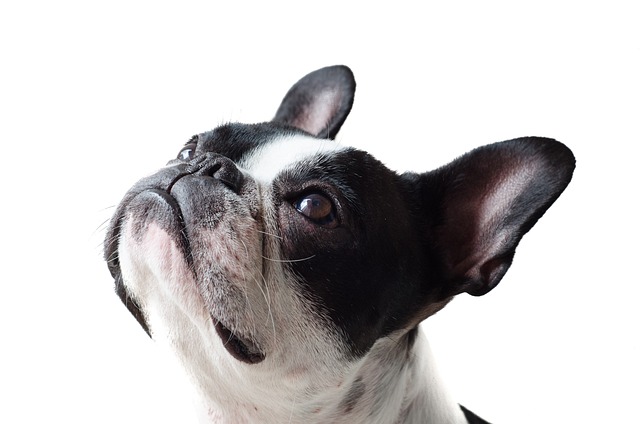New puppy owners often stare at their tiny, wiggly companions and wonder when the chaos of accidents on the rug will end. The good news is, you can start guiding a dog to urinate and defecate at a fixed spot earlier than you might think—usually around 8 to 12 weeks old. At this age, puppies start to gain control of their bladder and bowels, and their brains are primed to learn associations, like “this mat where I go potty.” Keep sessions short—5 to 10 minutes max—since their little bodies can’t hold it long, and always head to the same spot to build consistency.
Timing is everything here, and it ties right into daily routines most dog owners already have. Take your puppy to their fixed spot first thing in the morning, right after meals, naps, and playtime—those are peak “need to go” moments. When they do their business there, reward them immediately with a tiny treat and excited praise; positive reinforcement sticks way better than scolding for accidents. In apartment-heavy areas like Paris or New York, many owners use puppy pads as a temporary fixed spot, but be sure to transition to outdoor spots once your pup is old enough to handle short walks.
Local laws add another layer to this training—ignoring them can lead to fines or even conflicts with neighbors. In cities like London, failing to clean up after your dog (even if they went in their “fixed spot” outdoors) can result in penalties up to £1,000. Some US states, like California, require dogs to be leashed when outside, so your fixed outdoor spot should be a safe, legal area—no letting them wander into a neighbor’s yard. Even for indoor fixed spots, check if your rental has rules about puppy pads or artificial grass patches to stay compliant.
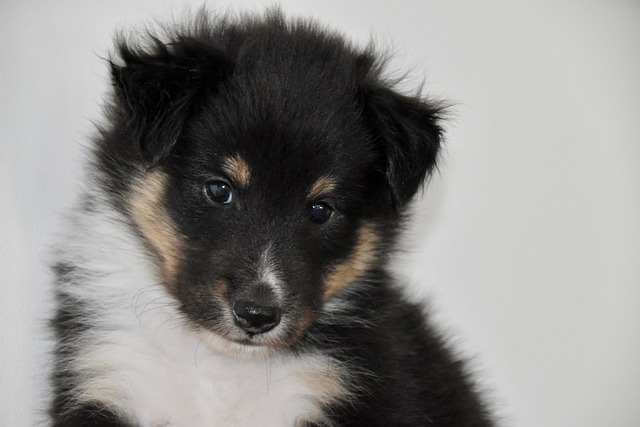 While 8 to 12 weeks is the sweet spot, adult dogs can learn too—especially rescue dogs who might not have had training before. For older dogs, the process takes a bit longer, but the same rules apply: stick to a schedule, use rewards, and be patient. If an adult dog keeps having accidents, rule out health issues first (like a urinary tract infection) with your vet—sometimes it’s not a training problem. In places like Berlin, local animal shelters often offer low-cost potty training workshops for adult rescues, which is a great resource for new owners.
While 8 to 12 weeks is the sweet spot, adult dogs can learn too—especially rescue dogs who might not have had training before. For older dogs, the process takes a bit longer, but the same rules apply: stick to a schedule, use rewards, and be patient. If an adult dog keeps having accidents, rule out health issues first (like a urinary tract infection) with your vet—sometimes it’s not a training problem. In places like Berlin, local animal shelters often offer low-cost potty training workshops for adult rescues, which is a great resource for new owners.
Training a dog to urinate and defecate at a fixed spot isn’t about perfection—it’s about building trust and routine. By starting around 8 weeks (or adapting for adult dogs) and aligning your training with local laws, you’ll not only keep your home clean but also be a responsible member of your community. Remember, every accident is just a chance to guide them better next time—and before you know it, they’ll head to their spot on their own.
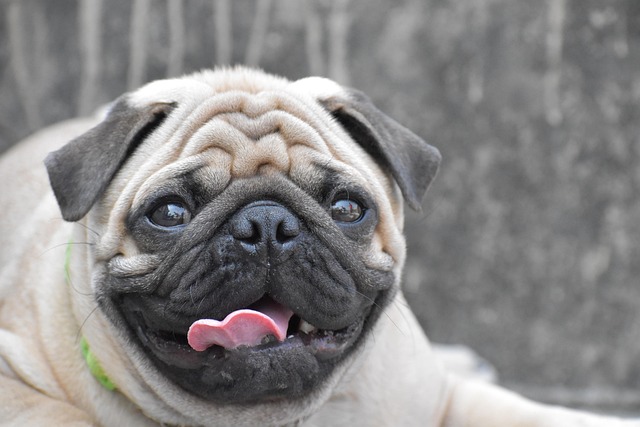
 While 8 to 12 weeks is the sweet spot, adult dogs can learn too—especially rescue dogs who might not have had training before. For older dogs, the process takes a bit longer, but the same rules apply: stick to a schedule, use rewards, and be patient. If an adult dog keeps having accidents, rule out health issues first (like a urinary tract infection) with your vet—sometimes it’s not a training problem. In places like Berlin, local animal shelters often offer low-cost potty training workshops for adult rescues, which is a great resource for new owners.
While 8 to 12 weeks is the sweet spot, adult dogs can learn too—especially rescue dogs who might not have had training before. For older dogs, the process takes a bit longer, but the same rules apply: stick to a schedule, use rewards, and be patient. If an adult dog keeps having accidents, rule out health issues first (like a urinary tract infection) with your vet—sometimes it’s not a training problem. In places like Berlin, local animal shelters often offer low-cost potty training workshops for adult rescues, which is a great resource for new owners.